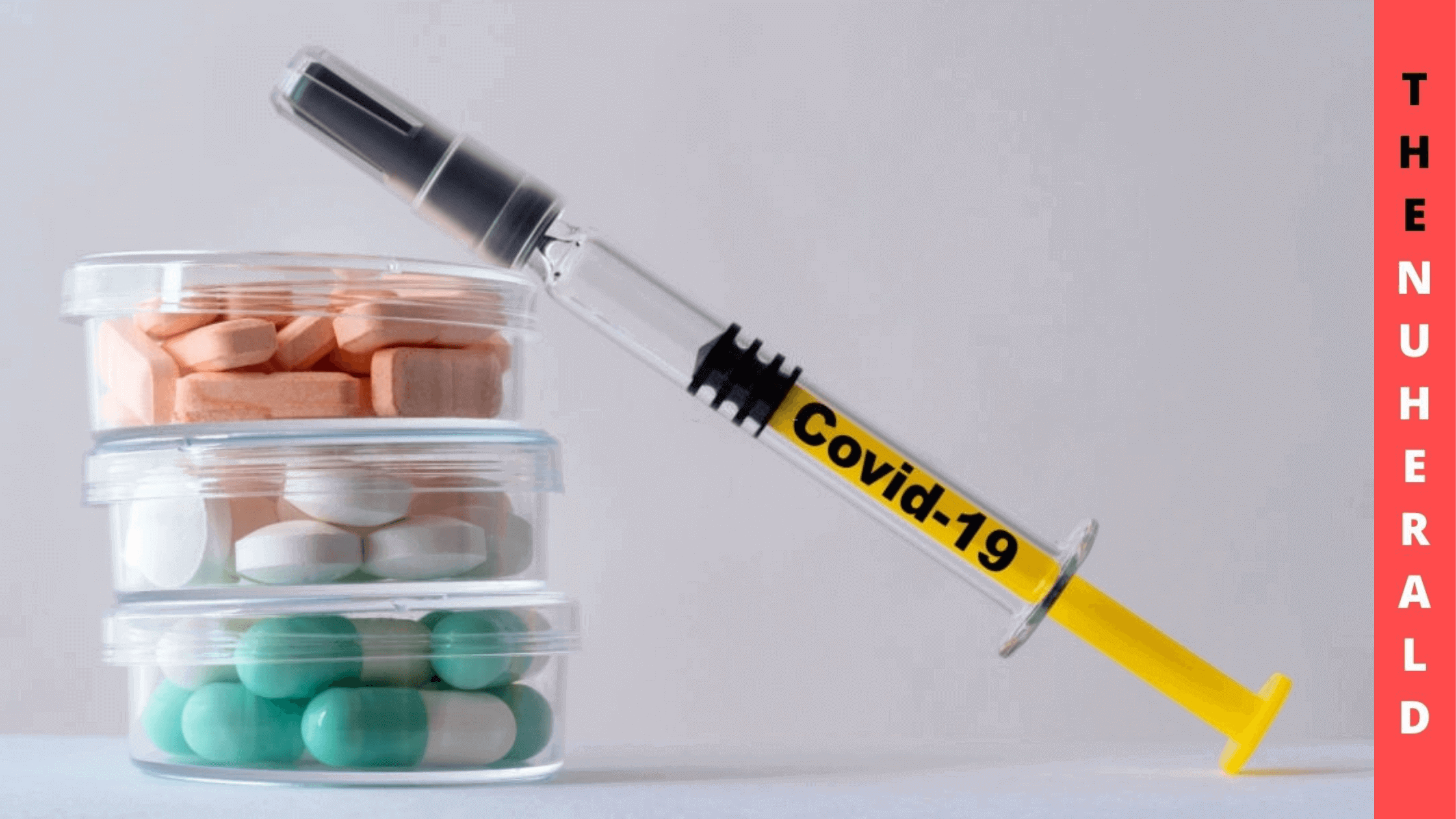According to the latest information coming from FDA, the use of two monoclonal antibody treatments has been limited in the case of the Omicron variant. In recent studies, it was found that bamlanivimab and etesevimab combo treatment is longer effective on the new variant. Similarly, another combo treatment, casirivimab, and imdevimab, have shown similar results on the new variant.
The surprising thing is that these two monoclonal antibody treatments worked effectively for Delta and other previous variants, and however, they are no longer effective on the new variant Omicron. Considering this situation, the FDA has issued guidelines to avoid using these two monoclonal antibody treatments for Omicron patients.
FDA Curtails The Use Of Two Monoclonal Antibody Treatments Against Omicron
According to the detailed guidelines, the therapy should not be used on Omicron patients when the symptoms are mild to moderate. The treatment no longer works effectively for such patients. On the other hand, the treatment can be used in rare cases when the patient is infected with other variants that are controllable with these therapies.

Even though Omicron has been the dominant variant across the US for the last few weeks, it is not the only variant, as some people are still getting infected with Delta and other variants. However, the number of infections due to other variants is small as Omicron accounts for more than 98% of the existing cases in the US.
Experts say that there is no need to worry too much about this situation as there are several other therapies available at the moment that are showing good results against the Omicron variant. Some of the approved treatment options for treating Omicron patients include Paxlovid, Molnupiravir, and sotrovimab. The FDA recommends the use of such therapies in cases where the infection is mild to moderate. In this way, further progression can be limited to a large extent.
However, the guidelines are not being implemented properly across the country as several governors have distributed thousands of doses of such monoclonal antibody therapies to hospitals. A lot of delays happened in the shipment of these therapies, and some states are left with no option but to continue with the existing stock. Some Governors have even claimed that the treatments that are not approved by the FDA are working fine in their regions.
The argument against the blanket ban on such monoclonal antibody treatments is that there are people who are still getting infected with variants other than Omicron. Considering this situation, it is important to continue the use of such monoclonal antibody treatments that worked well against the previous variants.
Florida Governor Ron DeSantis has used the treatment extensively in his state, and it was surprising to see that such treatments got more promotion than vaccines. During the previous wave, several clinics were opened that provided such monoclonal antibody treatment immediately after exposure to the virus.
In Texas, the situation is similar as Governor Greg Abbott opened clinics that provided such treatments for Covid infected patients. When Abbott tested positive last year, even he took the treatment and said that it worked well to control the symptoms.
The situation has changed drastically across the US in the last few weeks as Omicron has replaced Delta as the dominant variant in a matter of no time. Due to this sudden shift, the authorities had little time to work on the guidelines. They have decided to stop the monoclonal antibody treatments that are no longer effective against Omicron.
However, the FDA has suggested several alternatives, and they have promoted remdesivir to treat Covid infections in early stages when the symptoms are still mild. The good thing is that it is also working well in children.